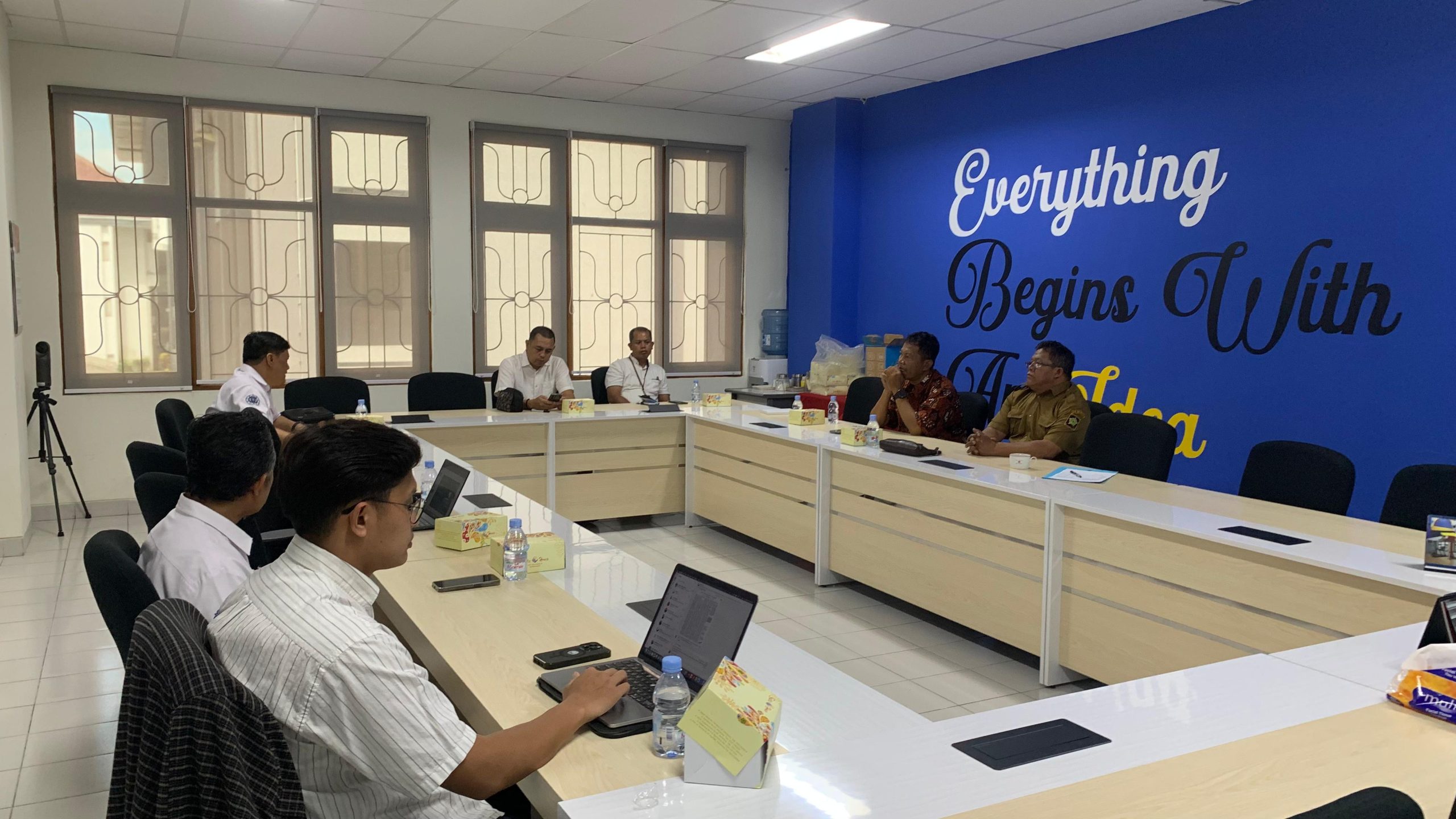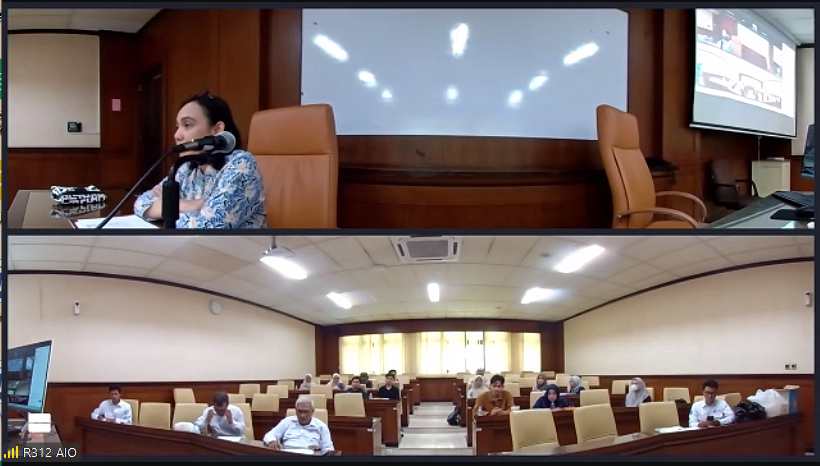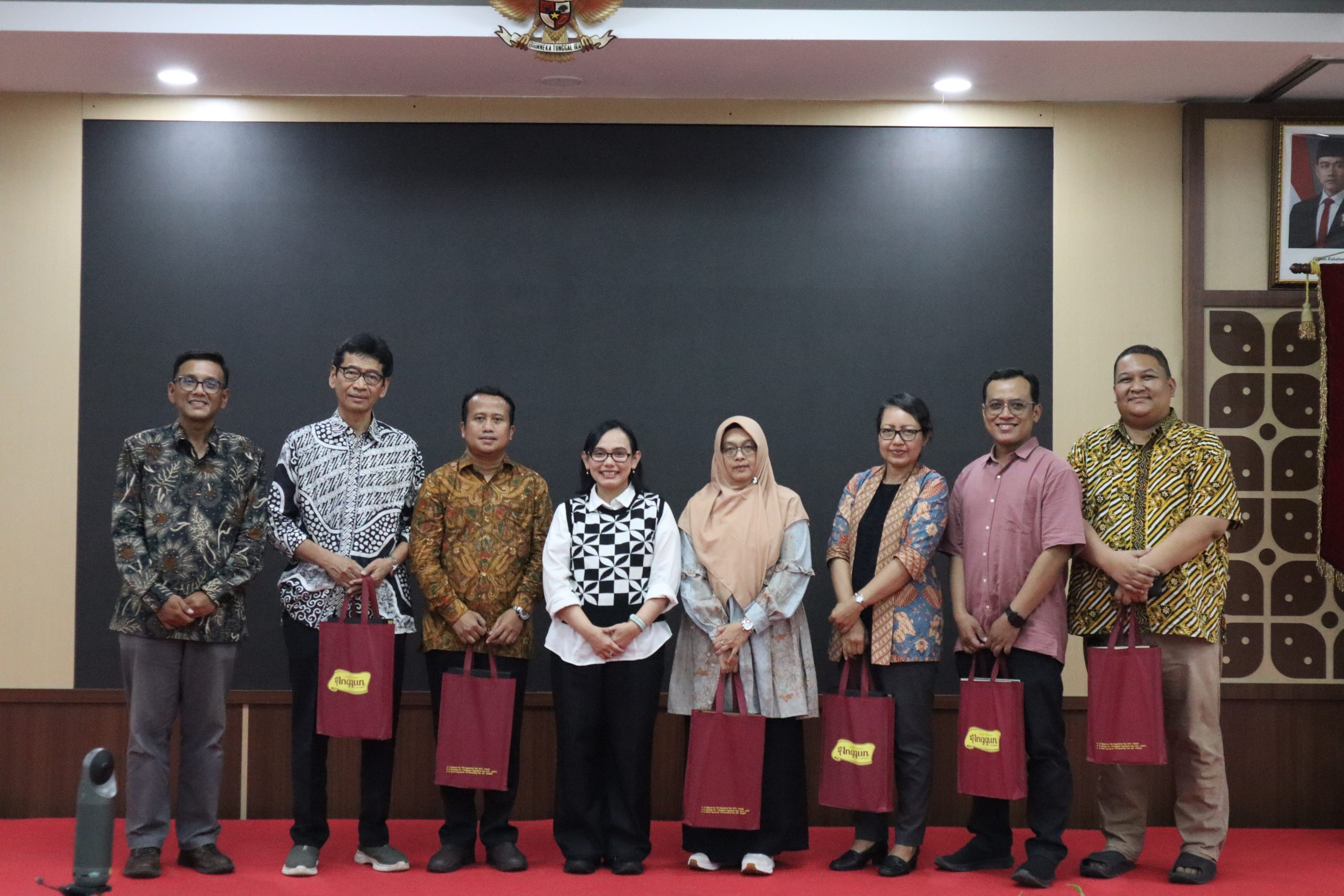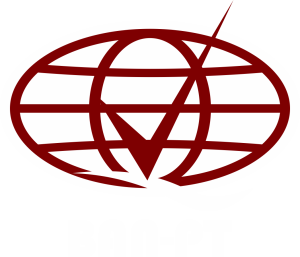On Monday, October 20, 2025, the Faculty of Law, Universitas Gadjah Mada (UGM), through the Legal Aid and Consultation Center (PKBH), in collaboration with the High Prosecutor’s Office of the Special Region of Yogyakarta (Kejati DIY), successfully held a legal education activity titled “Suluh Praja” at the Kebonagung Village Office, Imogiri District, Bantul Regency, Yogyakarta Province. This legal outreach aimed to enhance participants’ legal knowledge and awareness—particularly among village officials and local residents—on common legal issues. This edition of Suluh Praja carried the theme “Waste Management and Waste-Related Dispute Resolution,” focusing on the importance of understanding the legal foundations of waste management and the mechanisms for resolving waste-related disputes that often arise in communities.
The event began at 9:30 a.m. with the singing of the Indonesian national anthem, followed by an opening remark from the Head of Kebonagung Village, Mrs. Marjiyem. The first presentation was delivered by the Civil and Administrative Division (Datun) team from Kejati DIY, represented by Ye Oceng Almahdaly, S.H., M.H., who discussed the main duties and functions of the Civil and Administrative Affairs Division of the Prosecutor’s Office. The session continued with presentations from lecturers of the Faculty of Law UGM, namely Almonika Cindy Fatika Sari, S.H., M.A., from the Department of Customary Law, and Dr. Fajar Winarni, S.H., M.Hum., from the Department of Environmental Law. Mrs. Almonika presented a session on “Waste Management,” emphasizing how proper waste management could serve both as a challenge and an opportunity for developing Kebonagung’s tourism village. Dr. Fajar Winarni followed with a session on “Waste-Related Dispute Resolution,” elaborating on the causes of waste disputes and practical examples of how such conflicts can be resolved. Both representatives from Kejati DIY and UGM engaged actively in discussions during the Q&A session with village officials. Most questions revolved around waste management issues as well as land-related problems in Kebonagung Village, which remain key topics requiring collaborative solutions among relevant stakeholders.

All presentations were delivered in an engaging and interactive format, allowing for dynamic discussion and constructive exchanges. The speakers provided clear and practical answers to participants’ questions. This legal education activity is expected to contribute to achieving several Sustainable Development Goals (SDGs): Goal 11 on sustainable cities and communities, Goal 13 on climate action, Goal 16 on promoting peaceful, just, and inclusive societies through strong village governance, and Goal 17 on strengthening partnerships to achieve better development outcomes.
Author: Adetia Surya Maulana (PKBH)



